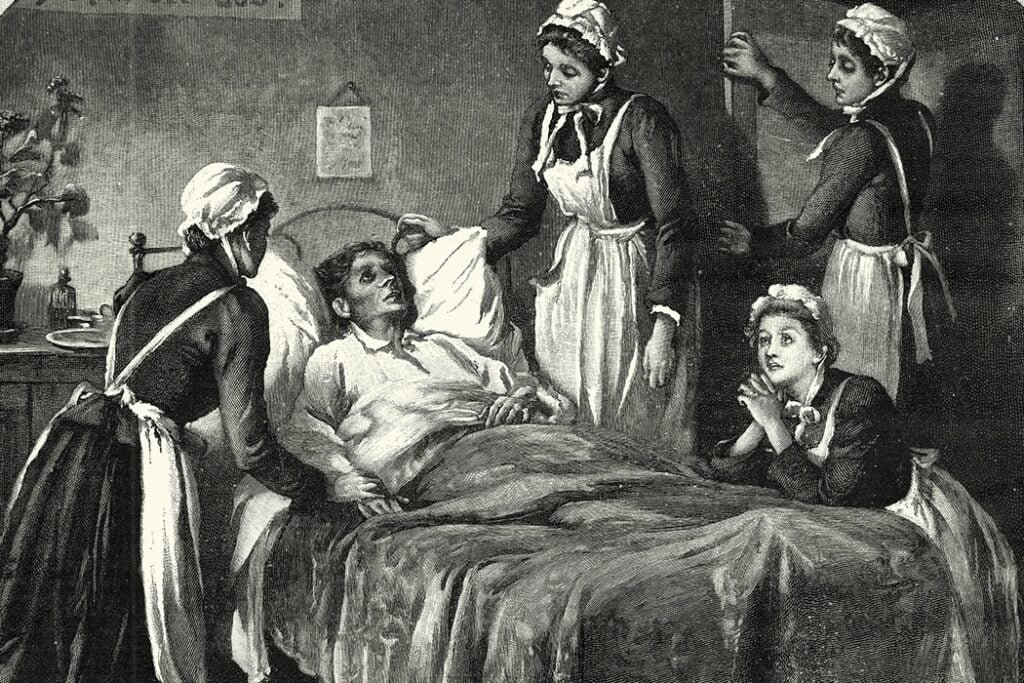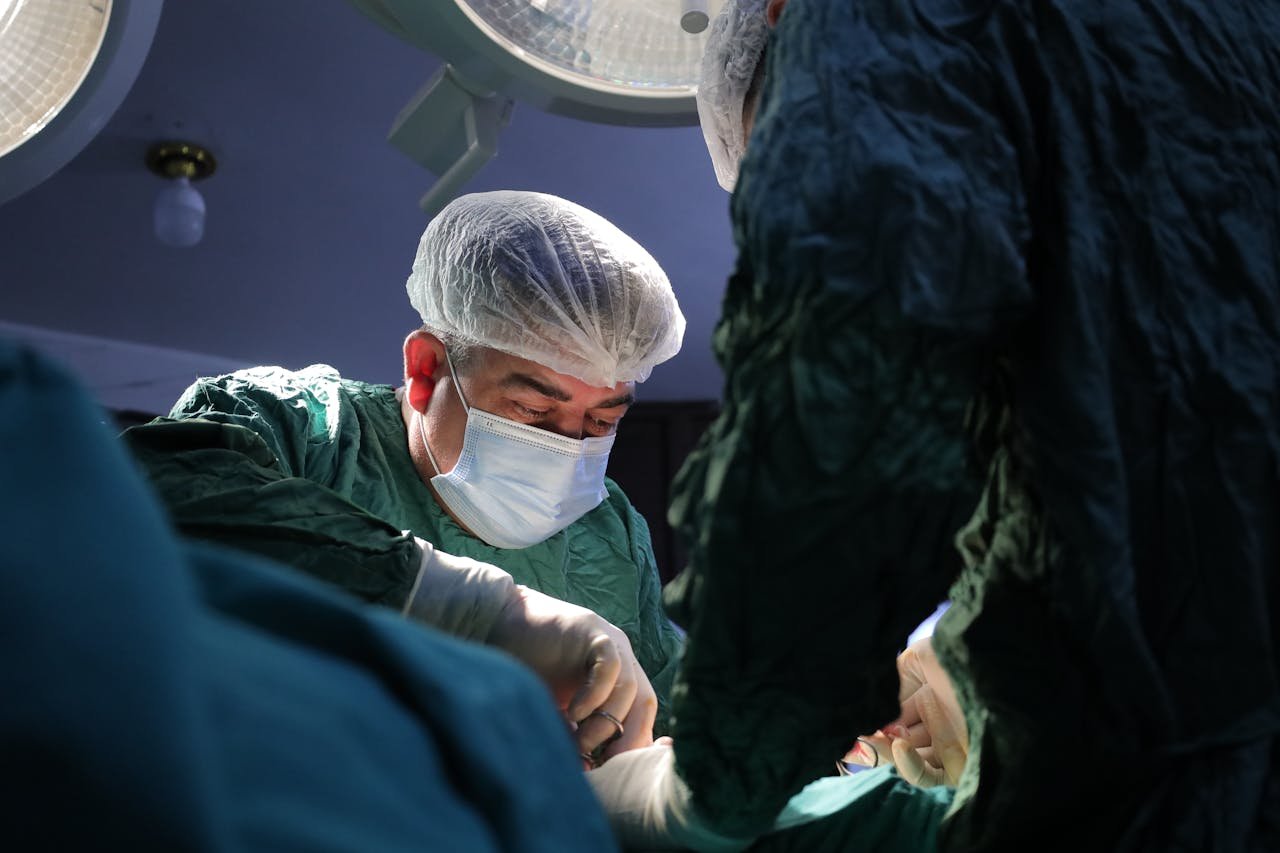Introduction to the History of Medicine
The history of medicine is a captivating journey that spans millennia, illustrating humanity’s unyielding quest to comprehend and cure diseases. From the rudimentary practices of ancient medicine to the sophisticated techniques of contemporary healthcare, this evolution highlights our expanding knowledge and technological advancements. Understanding this progression not only reveals how far we’ve come but also underscores the continual innovations that shape modern medical practices.
Ancient Medicine: Foundations of Healing
Ancient Egyptian Contributions to Medicine
The origins of medicine trace back to early civilizations, where healing practices were deeply embedded in spiritual beliefs. In ancient Egypt, around 3000 BCE, medical practices were intricately linked to religious rites and deities. The Edwin Smith Papyrus, an ancient Egyptian surgical text, provides insight into early medical knowledge, including diagnoses, treatments, and the fusion of mythology with medical practice. Egyptian medicine was advanced for its era, blending practical treatments with spiritual elements.
Greek Medicine: A Shift to Rational Inquiry
In ancient Greece, the approach to medicine evolved towards rationalism and systematic observation. Greek medicine, especially between the 5th and 4th centuries BCE, marked a significant shift from supernatural explanations to natural causes for illnesses. Hippocrates, known as the “Father of Medicine,” was pivotal in this transition. His works, known collectively as the Hippocratic Corpus, emphasized clinical observation, logical reasoning, and ethical standards. The Hippocratic Oath, a crucial element of medical ethics, remains influential today. Hippocrates’ theories on the four humors—blood, phlegm, black bile, and yellow bile—laid the groundwork for modern medical practices, focusing on balancing bodily fluids to maintain health.
The Role of Mythology in Ancient Medicine
Both Egyptian and Greek medical practices were infused with mythology. In Egypt, deities like Isis and Thoth were believed to have healing powers and were invoked in medical treatments. Similarly, Greek medicine revered gods such as Asclepius, the deity of healing. Temples dedicated to Asclepius, known as Asclepieia, served as centers for both worship and medical care. This integration of spirituality and medicine provided a holistic approach to health, influencing future medical practices.
Early Physicians and Their Pioneering Work
Imhotep: Early Egyptian Medical Innovator
Imhotep, one of the earliest recorded physicians, significantly influenced early medical thought. He authored medical texts and promoted a systematic approach to studying diseases. Imhotep’s methods of diagnosis and treatment laid a foundation for future advancements in medicine. His approach emphasized observation and systematic treatment, paving the way for more structured medical practices.
Hippocrates: Founding Principles of Medicine
Hippocrates is a central figure in medical history. His rational approach and ethical guidelines transformed Greek medicine. The Hippocratic Oath, outlining ethical conduct for physicians, remains a cornerstone of medical ethics today. Hippocrates’ theory of the four humors dominated Greek medical practice, focusing on balancing bodily fluids to maintain health. His work promoted observation and logical reasoning, setting a standard for future medical practice.
Galen: Advancements in Anatomy and Surgery
Galen, a prominent Greek physician, made significant contributions to surgery and anatomical knowledge. Through detailed dissections of animals, Galen refined surgical techniques and provided extensive insights into human anatomy. His work influenced future generations of medical practitioners and remained significant well into the Renaissance. Galen’s contributions to surgery, although basic compared to modern techniques, were crucial in the historical development of operative medicine.
Medieval Medicine: Contributions from the Islamic World
Avicenna: Author of The Canon of Medicine
The medieval period saw significant advancements in Islamic medicine. Avicenna, also known as Ibn Sina, authored “The Canon of Medicine,” a comprehensive medical encyclopedia that synthesized contemporary medical knowledge. This extensive work covered a range of topics, from herbal remedies to surgical techniques, emphasizing empirical observation and experimentation. Avicenna’s methodical approach to medicine laid a strong foundation for modern medical sciences.
Al-Razi: Innovations in Medical Chemistry
Al-Razi, another key figure in medieval Islamic medicine, made substantial contributions to pharmacology and infectious diseases. His work, including “Kitab al-Hawi” (The Comprehensive Book), demonstrated deep understanding of medical chemistry and the differentiation of diseases like smallpox from measles. Al-Razi’s insights into pharmacology and infectious diseases were instrumental in advancing medical practices for centuries.
Dissemination of Islamic Medical Knowledge to Europe
Islamic medical knowledge extended beyond the Islamic world through trade routes and the Crusades. The translation of Islamic medical texts into Latin during the 12th century was pivotal in the European Renaissance. European scholars studied Avicenna’s “The Canon of Medicine,” which became a key component in medical education and research. This transfer of knowledge revitalized European medicine, setting the stage for future advancements.
Renaissance Medicine: A Period of Transformation
Andreas Vesalius: Father of Modern Anatomy
The Renaissance era brought profound changes to medicine, characterized by a renewed focus on empirical observation and scientific inquiry. Andreas Vesalius was a crucial figure during this period. His seminal work, “De humani corporis fabrica,” published in 1543, featured detailed anatomical illustrations based on direct dissections. Vesalius’s meticulous approach challenged the prevailing Galenic traditions and advanced the understanding of human anatomy. His contributions highlighted the importance of direct observation and evidence in medical research.
William Harvey: Discovery of Blood Circulation
William Harvey was another landmark figure in Renaissance medicine. His discovery of blood circulation, presented in “De Motu Cordis” in 1628, revolutionized the understanding of human physiology. Harvey demonstrated that blood circulates throughout the body via the heart, challenging previous misconceptions and laying the groundwork for modern cardiovascular physiology. His work exemplified the effectiveness of empirical research in advancing medical knowledge.
Technological Advancements in the Renaissance
The Renaissance also saw significant advancements in medical technologies. The invention of the printing press enabled the widespread dissemination of medical texts, fostering academic exchange and critical analysis. The refinement of surgical instruments and techniques contributed to the evolution of modern surgery. This period bridged ancient and contemporary medical thought, paving the way for future innovations.
Modern Medicine: Breakthroughs and Innovations
Antibiotics: A Revolution in Treatment
The 19th and 20th centuries were marked by groundbreaking medical breakthroughs. The discovery of antibiotics by Alexander Fleming in 1928 revolutionized the treatment of bacterial infections. Penicillin, the first antibiotic, drastically reduced mortality rates and improved public health. The development of vaccines, beginning with Edward Jenner’s smallpox vaccine, established a precedent for immunization. Vaccines for diseases like polio, measles, and influenza have played a critical role in disease prevention and global health improvement.
Advancements in Surgical Techniques and Diagnostics
Modern surgery saw significant improvements with the introduction of antiseptic techniques by Joseph Lister in the 1860s, which greatly reduced postoperative infections. Advances in anesthesia allowed for more complex and less painful surgical procedures. Innovations in diagnostic tools, such as the X-ray discovered by Wilhelm Röntgen in 1895 and the Magnetic Resonance Imaging (MRI) scanner introduced in the late 20th century, enhanced diagnostic accuracy and effectiveness.
Evolution of Medical Education and Institutions
The rise of modern medical education and institutions further professionalized the field. Johns Hopkins University, established in 1876, revolutionized medical training with a focus on empirical methods and clinical experience. This shift fostered a generation of highly trained professionals, advancing medical knowledge and practice.
Influential Figures in Medical History
Louis Pasteur: Pioneer of Microbiology
Louis Pasteur made transformative contributions to microbiology with his development of pasteurization and vaccines against diseases like rabies and anthrax. Pasteur’s germ theory revolutionized the understanding of infectious diseases and laid a foundation for modern medical advancements and public health practices.
Robert Koch: Innovator in Medical Microbiology
Robert Koch was pivotal in identifying pathogens responsible for diseases such as tuberculosis, cholera, and anthrax. His Koch’s postulates provided a framework for associating specific pathogens with specific diseases, advancing medical microbiology and targeted treatments.
Florence Nightingale: Founder of Modern Nursing
Florence Nightingale is celebrated for her contributions to nursing and hospital sanitation. Her reforms during the Crimean War significantly reduced death rates and set new standards in hygiene and care. Nightingale’s efforts professionalized nursing and influenced global health policies.
Sir Alexander Fleming: Discovery of Penicillin
Sir Alexander Fleming’s discovery of penicillin in 1928 was one of the most significant medical innovations of the 20th century. This antibiotic revolutionized the treatment of bacterial infections, saving countless lives and leading to the development of additional antibiotics. Fleming’s work had a profound impact on pharmaceutical research and medical therapeutics.
Conclusion
The history of medicine reflects human ingenuity and perseverance. From ancient Egyptian and Greek practices to the transformative discoveries of the Renaissance and modern era, the evolution of medicine demonstrates our continuous pursuit of better health. Influential figures and groundbreaking advancements have shaped medical science, enhancing the quality and longevity of life. As we move forward, ongoing research and innovation will drive further progress in medicine, addressing emerging health challenges and improving global health outcomes.



Comments